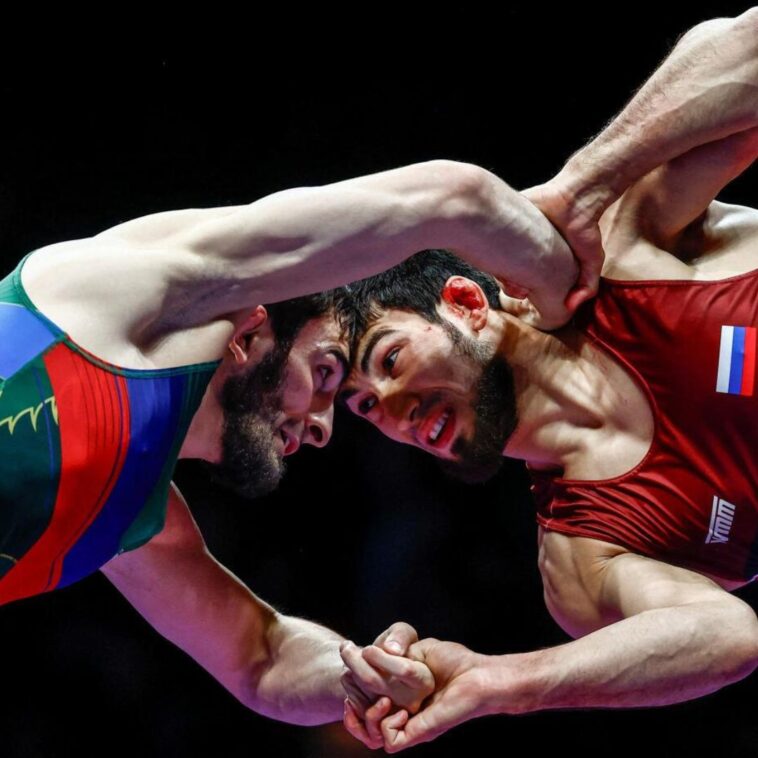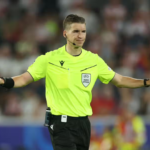Russian wrestler Shamil Mamedov has opted not to participate in the Paris 2024 Olympics, citing a recurring injury. This decision comes amid a broader context of Russian athletes facing stringent participation conditions set by the International Olympic Committee (IOC).
The IOC’s Conditions for Russian Athletes
The IOC has allowed Russian and Belarusian athletes to compete as neutrals without flags or anthems due to geopolitical tensions following Russia’s invasion of Ukraine.
These athletes must also prove no military connections to be eligible. This policy aims to ensure the Games remain apolitical, though it has sparked significant controversy and pushback from the affected nations.
Mamedov’s Decision
Mamedov, 23, was the only Russian wrestler considering the invitation to the Games. His decision to withdraw was influenced by his injury, as reported by the Russian national wrestling federation.
This development reflects a larger trend of Russian athletes rejecting the IOC’s conditions. Mamedov’s withdrawal underscores the personal and professional challenges athletes face in this politicized environment.
Broader Implications
Out of 36 Russians cleared to compete, 20 have declined, citing the conditions as humiliating. Russian sports officials have criticized the IOC’s stance, arguing it harms global sports. The controversy highlights the intersection of sports and politics, with significant impacts on athletes and international competitions. This mass withdrawal not only affects the athletes but also diminishes the overall competitive spirit and diversity of the Games.
Conclusion
Mamedov’s withdrawal is a notable example of the challenges faced by Russian athletes in the current political climate. As the Paris 2024 Olympics approach, the participation of Russian and Belarusian athletes remains a contentious issue. The situation raises important questions about the role of politics in international sports and the future of global athletic competitions.




GIPHY App Key not set. Please check settings